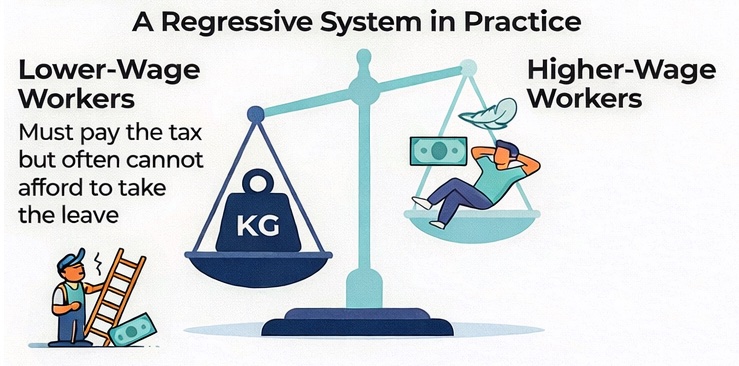The editorial board of The Spokesman-Review has made no secret of their desire to see more open government in Washington, especially when it comes to the secret collective bargaining negotiations between the unions that represent state workers and the governor’s office.
Since 2014, Eastern Washington’s largest daily newspaper has published five strongly worded editorials urging lawmakers to embrace a policy that would open negotiations that are now conducted behind closed doors.
Yesterday the S-R editorial board published a sixth editorial in favor of open negotiations, but this time their support packed an extra punch. Included in every copy of the paper’s Sunday edition was an insert of the petition to put open records measure Initiative 1608 on the ballot this fall. I-1608 would increase the transparency of collective bargaining involving government unions and state and local public employers.
In a nutshell, I-1608 would open to the public the collective bargaining negotiations between government officials and public employee unions. Currently there is no option for the public to know what transpires in such negotiations until well after those negotiations have been concluded and agreements have been signed. If I-1608 submits 259,622 valid signatures by July 6, voters will have the opportunity to have the final say in November whether Washington will join states like Idaho and Oregon in putting the public before any union claim of privacy when it comes to negotiating government employees’ wages and benefits—which are, after all, funded by taxpayer dollars.
In the editorial, the S-R board laments that an initiative is even needed to force government to do what should be a given:
“If elected officials and bureaucrats all had noble intent and the good of the people in mind, I-1608 wouldn’t be necessary. Nothing prevents local government bodies from negotiating in sunlight, but most choose not to. Nothing prevents lawmakers from fixing the law to require all negotiations be public, but they choose not to.
So it falls to voters.”
The editorial concludes:
“Take a look at the insert in today’s paper; visit YesOn1068.com; and consider providing one of those signatures. Government is most accountable when it is conducted in sunlight.”
Washington Policy Center agrees; Public employment contracts that are paid for with taxpayer dollars should not be negotiated in secret. It has long been a WPC policy recommendation that those negotiations should be open to the public.
The Washington Coalition for Open Government (WACOG) also agrees. The respected nonpartisan organization, which boasts a diverse list of supporters that includes newspapers, journalists, the American Civil Liberties Union, public officials, civic leaders, and citizen activists (WPC’s Jason Mercier serves on WACOG’s Advisory Council), was an early endorser of I-1608. WACOG president Toby Nixon praised The Spokesman-Review’s active support for I-1608:
“Those of us who are passionate about open government greatly appreciate The Spokesman-Review not only supporting I-1608 editorially but doubling-down on their commitment by including copies of the initiative petition in the paper. If every paper in the state did the same thing, it would be a tremendous boost to getting it on the ballot and providing the public the ability to see how the majority of their tax dollars are spent!”
While The Spokesman-Review is the first newspaper to include a copy of I-1608 signature petitions in their print edition, it is just one of many daily newspapers around the state that have editorialized in favor of opening collective bargaining negotiations to the public. In recent years The Seattle Times, The News Tribune, The Daily News, Tri-City Herald, Union-Bulletin, and The Columbian have published editorials in support of increasing the transparency of such negotiations—with many of those papers doing so on multiple occasions. As powerful as those editorials are, actions speak louder than words.
As Nixon notes, if those papers follow The Spokesman-Review's lead in walking the talk, it would indeed be a tremendous boost to getting I-1608 on the ballot.





